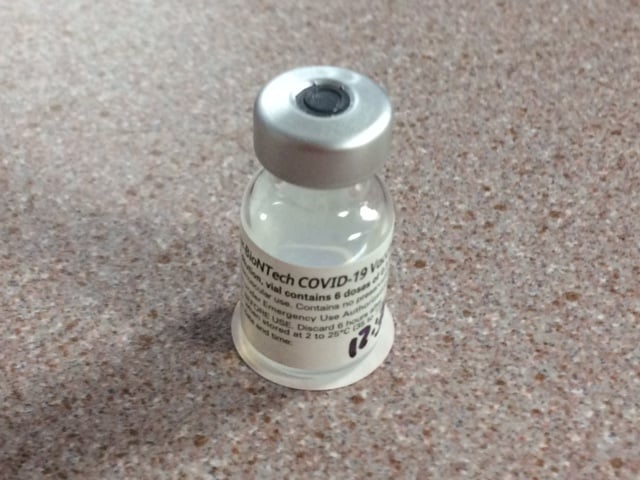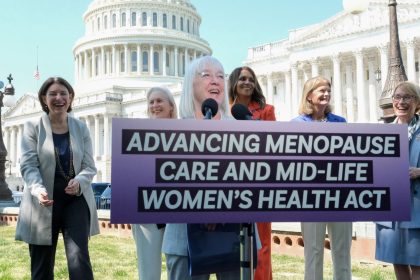FDA Approves Additional COVID Vaccine Dose for Some Individuals

The Food and Drug Administration has authorized the use of an additional dose of the Pfizer-BioNTech and Moderna COVID-19 vaccines for organ transplant recipients diagnosed as immunocompromised.
Thursday’s announcement came ahead of a meeting today of the Centers for Disease Control and Prevention’s Advisory Committee on Immunization Practices.
At that meeting, the advisory panel voted 11-0 to endorse giving third doses of mRNA vaccines to people with moderately to severely weakened immune systems.
“The country has entered yet another wave of the COVID-19 pandemic, and the FDA is especially cognizant that immunocompromised people are particularly at risk for severe disease,” said Acting FDA Commissioner Janet Woodcock, M.D. in a written statement. “After a thorough review of the available data, the FDA determined that this small, vulnerable group may benefit from a third dose of the Pfizer-BioNTech or Moderna vaccines.”
Woodcock went on to say Thursday’s action allows doctors to boost immunity in certain immunocompromised individuals who need extra protection from COVID-19.
“As we’ve previously stated, other individuals who are fully vaccinated are adequately protected and do not need an additional dose of COVID-19 vaccine at this time. The FDA is actively engaged in a science-based, rigorous process with our federal partners to consider whether an additional dose may be needed in the future,” Woodcock said.
People who are immunocompromised in a manner similar to those who have undergone solid organ transplantation have a reduced ability to fight infections and other diseases, and they are especially vulnerable to infections, including COVID-19.
The FDA evaluated information on the use of a third dose of the Pfizer-BioNTech or Moderna vaccines in these individuals and determined that the administration of third vaccine doses may increase protection in this population. These patients should be counseled to maintain physical precautions to help prevent COVID-19.
In addition, close contacts of immunocompromised persons should get vaccinated, as appropriate for their health status, to provide increased protection to their loved ones.
The Pfizer-BioNTech COVID-19 vaccine is currently authorized for emergency use in individuals ages 12 and older, and the Moderna COVID-19 vaccine is authorized for emergency use in individuals ages 18 and older.
Both vaccines are administered as a series of two shots: the Pfizer-BioNTech vaccine shots are administered three weeks apart, and the Moderna vaccine shots are administered one month apart.
The authorizations for these vaccines have been amended to allow for an additional, or third, dose to be administered at least 28 days following the two-dose regimen of the same vaccine to individuals 18 years of age or older (ages 12 or older for Pfizer-BioNTech) who have undergone solid organ transplantation, or who are diagnosed with conditions that are considered to have an equivalent level of immunocompromise.

























